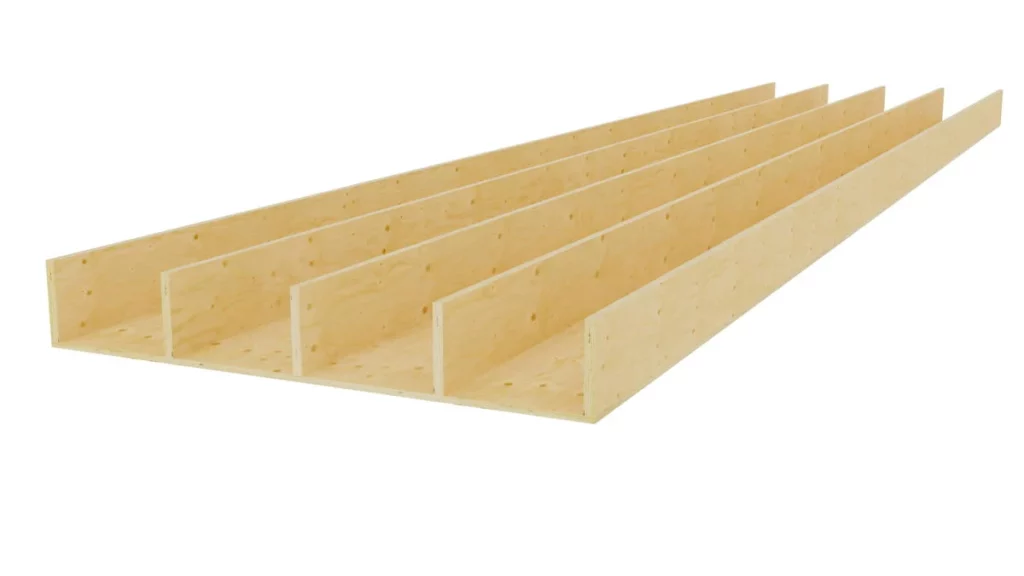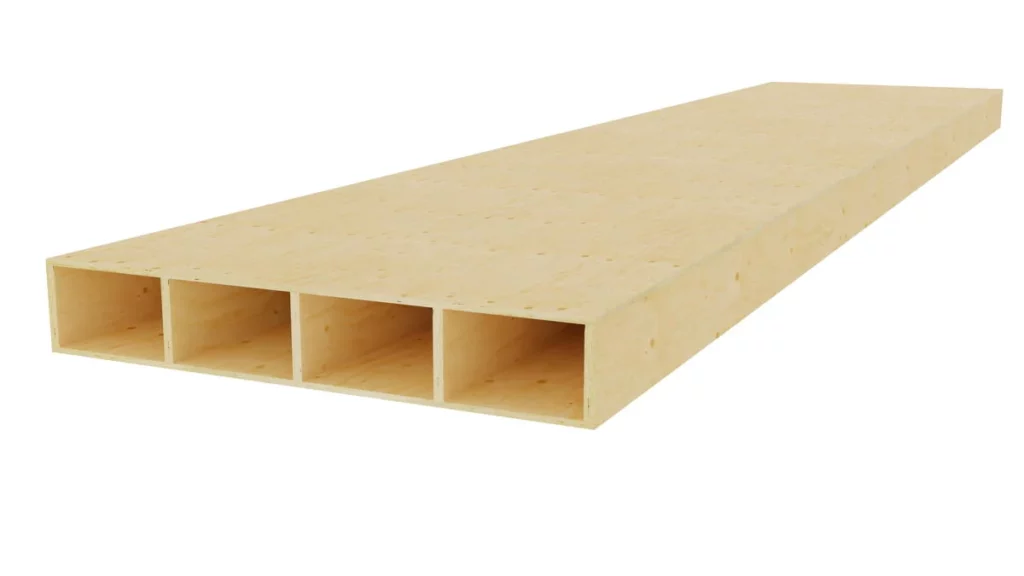LVL formwork timber is an essential component in construction projects, known for its strength, durability, and versatility. As the demand for high-quality timber continues to rise, it is crucial to select reliable suppliers who prioritize both the quality and value of their products. In this article, we will explore the importance of LVL formwork timber, the criteria for selecting a timber supplier, and highlight some of the top suppliers in the industry.
Understanding LVL Formwork Timber
LVL, or Laminated Veneer Lumber, is a type of engineered wood made from thin layers of timber veneers glued together. This construction method enhances the structural integrity of the timber while providing consistent strength and stability. LVL formwork timber is specifically designed for use in the construction industry, where it is commonly used in formwork systems.
What is LVL Formwork Timber?
LVL formwork timber refers to LVL panels that are specifically manufactured for use in formwork applications. Formwork is a temporary structure used to support concrete during the construction process. LVL formwork timber is highly durable and capable of withstanding the pressure exerted by concrete, making it an ideal choice for formwork systems.
Moreover, LVL formwork timber undergoes a stringent manufacturing process that involves bonding the veneer layers with adhesives under high pressure and heat. This process ensures that the resulting panels have uniform strength and stiffness, making them reliable for supporting heavy concrete loads without deformation.

Benefits of Using LVL Formwork Timber
There are several benefits to using LVL formwork timber in construction projects. Firstly, its high strength-to-weight ratio makes it lighter and easier to handle compared to traditional timber. Additionally, LVL formwork timber is resistant to warping, splitting, and cracking, ensuring a longer lifespan and reduced maintenance costs. Furthermore, LVL formwork timber is versatile and can be easily customized to fit specific project requirements.
Furthermore, the smooth surface of LVL formwork timber allows for easy release of the formwork after the concrete has set, reducing the need for additional finishing work. This not only saves time but also improves overall project efficiency. Additionally, the dimensional stability of LVL formwork timber ensures that the formwork maintains its shape and size, resulting in precise concrete structures with minimal deviations.
Criteria for Selecting a Timber Supplier
When choosing a timber supplier for your LVL formwork needs, it is essential to consider several factors that contribute to the overall quality and value of the timber:
Quality of Timber
Opting for suppliers who source their timber from sustainably managed forests ensures that the timber is of high quality and meets environmental standards. Additionally, suppliers who prioritize quality control during the manufacturing process guarantee consistent and reliable products.
Furthermore, it is beneficial to inquire about the specific species of timber being used for your LVL formwork, as different species have varying levels of strength, durability, and resistance to elements. Understanding the characteristics of the timber can help you make an informed decision that aligns with your project requirements.
Pricing and Value for Money
While price is a significant factor, it should not be the sole determining factor when choosing a timber supplier. Evaluate the overall value for money by considering the quality of the timber, the supplier’s reputation, and any additional services or support they provide.
Some suppliers may offer customization options or value-added services such as pre-cutting timber to specific dimensions or providing on-site assistance. These additional services can contribute to the overall efficiency and cost-effectiveness of your project, making them worth considering in your decision-making process.
Read more on: Where to Buy LVL Beams for Your Next Project
Supplier Reputation and Reliability
Working with established and reputable timber suppliers is important to ensure reliable and efficient delivery of products. Research the supplier’s background, read customer reviews, and consider their track record in the industry.
Moreover, assessing the supplier’s communication channels and responsiveness can give you insight into their reliability and customer service. A supplier who is transparent, communicative, and responsive to your inquiries is more likely to provide a smooth and satisfactory experience throughout your timber procurement process. Find more about communication on https://web.njit.edu/~lipuma/352comproc/comproc.htm
Top LVL Formwork Timber Suppliers
Now, let’s take a closer look at some of the top LVL formwork timber suppliers in the market:
Overview of Top Suppliers
Supplier A: Supplier A has been a leading player in the timber industry for over two decades. They pride themselves on sourcing timber from sustainable forests and employ rigorous quality control measures to ensure the highest standards. Supplier A offers a wide range of LVL formwork timber options to cater to various project requirements. Their commitment to sustainability extends beyond sourcing practices, as they actively participate in reforestation projects to give back to the environment.
Supplier B: With a strong focus on customer satisfaction, Supplier B has built a reputation for providing exceptional service and high-quality timber products. They offer competitive pricing and a diverse range of LVL formwork timber solutions, making them a preferred choice for many construction professionals. In addition to their product offerings, Supplier B invests heavily in research and development to innovate new timber products that are more durable and environmentally friendly.
Unique Selling Points of Each Supplier
Supplier A’s unique selling point lies in its commitment to sustainability and quality. They offer complete traceability of their timber products, ensuring that the timber used in their LVL formwork panels comes from responsibly managed forests. Supplier A also provides educational resources to promote sustainable construction practices within the industry. Supplier B, on the other hand, sets itself apart with its customer-centric approach and ability to provide tailored solutions to meet specific project needs. They offer personalized consultations to understand each client’s unique requirements and recommend the most suitable timber products for their projects.
Importance of Quality in Formwork Timber
High-quality formwork timber plays a vital role in the success of construction projects. Here are some key areas where quality timber makes a significant impact:
Impact of Quality on Construction Projects
Using low-quality or substandard timber can lead to structural issues, compromising the stability and durability of the construction. High-quality formwork timber ensures that the formwork systems can withstand the weight and pressure of the concrete, maintaining the integrity of the structure throughout the construction process.
Long-Term Value of High-Quality Timber
Investing in high-quality timber may involve a higher initial cost, but it pays off in the long run. Quality timber is more durable and resistant to wear and tear, reducing the need for frequent replacements or repairs. This not only saves on maintenance costs but also enhances the overall value and longevity of the construction project. To know more about click here.
Furthermore, high-quality formwork timber is essential for achieving precision and accuracy in construction. Timber that is of superior quality is less prone to warping or bending, ensuring that the formwork maintains the desired shape and dimensions during the concrete pouring and curing process. This level of precision is crucial for meeting architectural specifications and structural requirements.

Environmental Impact of Quality Timber
Another important aspect of using high-quality formwork timber is its environmental impact. Sustainable timber sourced from responsibly managed forests helps reduce deforestation and promotes biodiversity. By choosing quality timber from certified suppliers, construction projects can contribute to environmental conservation efforts and support the sustainability of the timber industry.
Balancing Quality and Value in Timber Selection
Choosing the right timber supplier involves finding a balance between quality and value for money. Here are some considerations to keep in mind:
Assessing Value for Money
When evaluating the value for money offered by a timber supplier, consider the quality of their timber, their pricing structure, and any additional services they provide. It is important to strike a balance between a competitive price and the assurance of receiving high-quality timber.
Making an Informed Timber Purchase Decision
Before making a timber purchase decision, conduct thorough research on potential suppliers, compare their offerings, and seek recommendations from industry professionals. By making an informed decision, you can ensure that you select a timber supplier who meets your project’s quality and value requirements.
Additionally, when assessing the value for money, take into account the sustainability practices of the timber supplier. Opting for timber that is sourced from responsibly managed forests not only ensures the quality of the material but also contributes to environmental conservation efforts.
Furthermore, consider the delivery options and lead times provided by the supplier. Timely delivery of timber is crucial for project timelines, so choosing a supplier with a reliable track record in meeting deadlines can add significant value to your purchase.
In conclusion, when it comes to LVL formwork timber, prioritizing both quality and value is crucial. Carefully consider the criteria for selecting a timber supplier, evaluate their reputation and reliability, and assess the unique selling points of the top suppliers in the market. Remember that quality timber is essential for the success and longevity of construction projects, and by finding the right balance between quality and value, you can make an informed timber purchase decision that aligns with your project requirements.